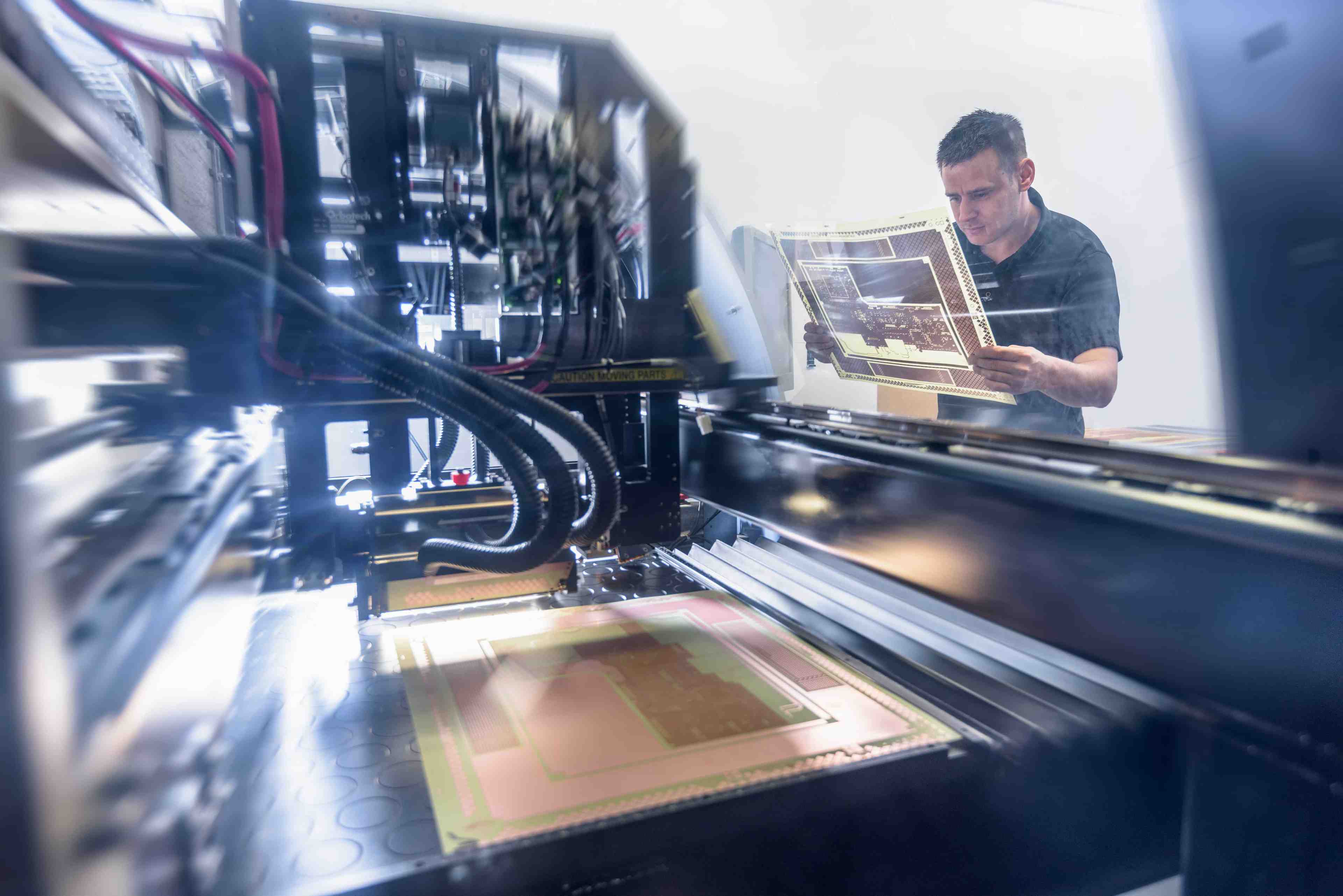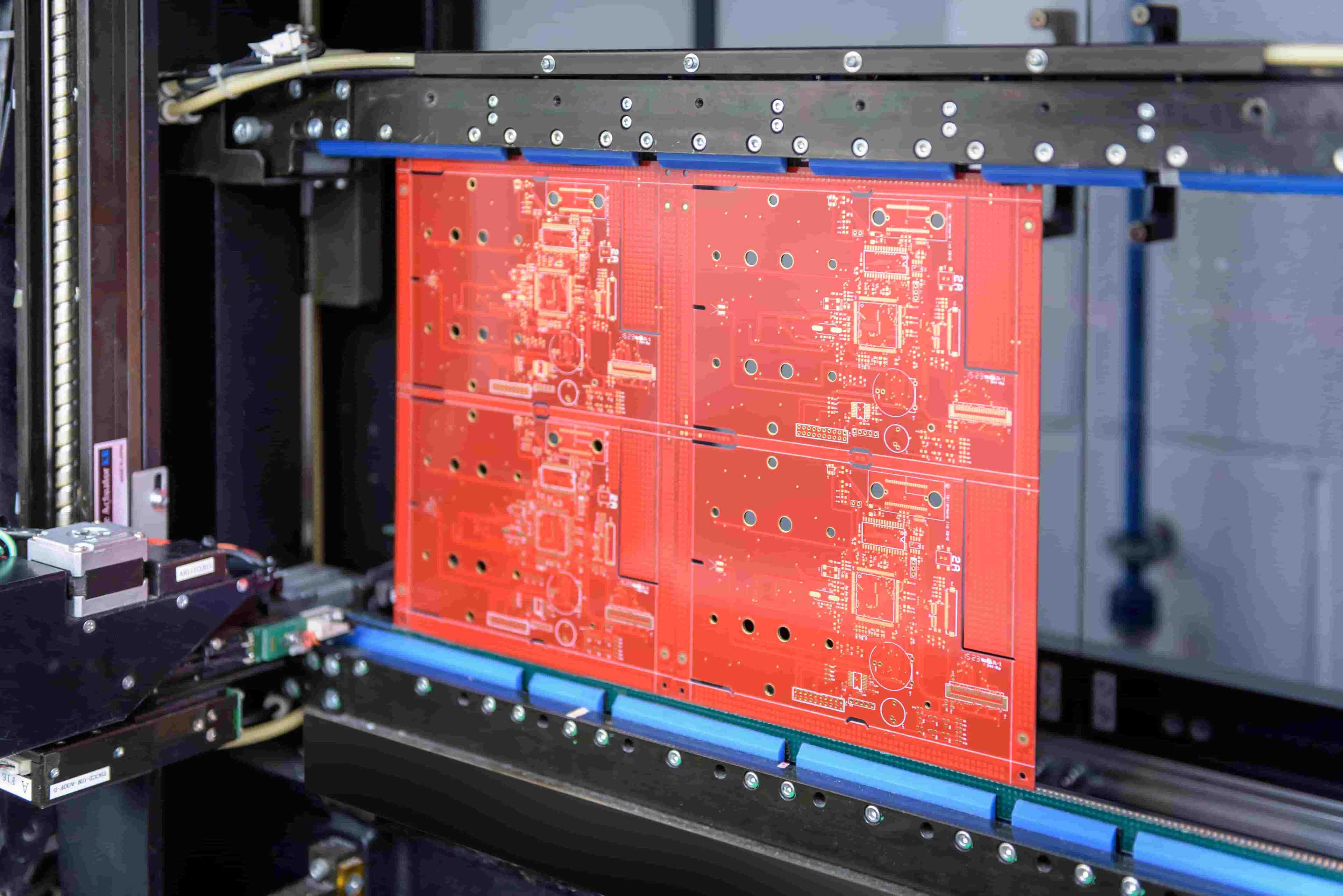

Our Services
Test Automation ServicesAI & Machine LearningBlockchainCRM ConsultingData Science & EngineeringDevOpsDigital MarketingDigital TransformationEmbedded Software DevelopmentERP Consulting ServicesManaged IT ServicesMergers & Acquisitions AdvisoryQA And Testing ServicesRobotic Process Automation SAP Consulting DevelopmentSoftware and Application DevelopmentSQL ConsultingStrategy ConsultingSustainability
- Contact Us
Our Services
- Test Automation Services
- AI & Machine Learning
- Blockchain
- CRM Consulting
- Data Science & Engineering
- DevOps
- Digital Marketing
- Digital Transformation
- Embedded Software Development
- ERP Consulting Services
- Managed IT Services
- Mergers & Acquisitions Advisory
- QA And Testing Services
- Robotic Process Automation
- SAP Consulting Development
- Software and Application Development
- SQL Consulting
- Strategy Consulting
- Sustainability
Insight
Company
Industries
- Contact Us

Is Test Automation A Good Career Choice In 2023?
Let's look more closely at the job of a test automation engineer to see if it's a good choice for a career in 2023.
- insight
- /
- blog
- /
- is-test-automation-a-good-career-choice

Is test automation a good career choice in 2023? The answer is: as long as there is software, testing will always be necessary to ensure its functionality. The adoption of automated testing keeps growing as well. The demand for automation testers is rising rapidly, and more people are trying to become experts in this field. It's easy to learn, makes money, and has excellent potential.
This in-depth guide is for anybody interested in a career in automated testing, whether they are already working as a manual tester or are considering making the switch.
Let's look more closely at the job of a test automation engineer to see if it's a good choice for a career in 2023.
What Is A Test Automation Job Like?
These professionals are QA (quality assurance) engineers or automation testers who test software during the development process. Programming, analytics, and testing intersect in this career. For further information about test automation, read our article: What is Automation Testing? Types, Examples, Process
Using testing programs and techniques, they simulate distinct scenarios. In essence, firms pay them to improve the quality of IT products before usage, whether it is a mobile game or bank software. Automation testing applies to nearly all forms of testing, including:
- Sanity Testing
- Unit Testing
- Smoke Testing
- Functional Testing, amongst others.
Since building a software product is now possible for all major organizations, it is relevant to all industries. Testing encompasses the entirety of the development process, including the planning, design, creation, and execution of test cases.
What Do Automation Testers Do?
Testers must use automation technologies to do monotonous or time-consuming activities, yet this simplifies complex work. What companies demand from you will be significantly influenced by their business needs. They seek testers who can think critically, identify defects and inconsistencies, use various tools, and use concrete testing approaches for well-implemented test automation.
Organizations in a wide range of fields are always looking for testers who are up-to-date on the latest software testing technologies. This helps them automate their testing process and get software or products out the door faster.
- You must have a thorough understanding of the application domain as well as software testing ideas in general.
- To create automation frameworks and test scenarios, better technical and programming abilities are required.
- You must create goals and pick test cases to achieve those goals.
- You must save the time of the entire QA team by automating various repetitive test procedures such as report comparisons and data extraction from excel sheets.
- Interact with your team regularly to explore other methods to improve the testing process.
- Automation testing enables businesses to improve product delivery times or meet current security standards. Several SaaS companies use automation testers to provide precise reporting capabilities, simplify testing, improve problem identification, speed up testing, cut expenses, and reduce human participation.
Where Should I Start For Automation Testing?
A solid understanding of programming is essential for a career as a test automation engineer. You will need some familiarity with coding and software testing fundamentals. To work in testing, you must understand how software is created from start to end.
Studying the fundamentals of software testing and programming principles like data types, error handling, program flow, and more is possible by enrolling in various online courses, attending classes, or reading books.
One of the benefits of creating automated test scenarios is having experience with manual testing. Check out our blog article to learn how to transition from manual testing to test automation.
What Are My Chances of Finding a Job as a Test Automation Engineer?
If you are wondering about your chances of finding a job as a test automation engineer, knowledge and experience matter. You must put in the time and effort to learn and practice new skills, and an objective is necessary for your efforts. To illustrate, if you need to find work in test automation within the next three months, you should begin planning to become a qualified expert in that field. You should learn the fundamentals first, either by reading a good book or by going to a training session, and then practice what you learned in the real world, as suggested by several comments.
There is good news, though: You don't need to spend four to six years in college to become an expert in this field. Educating yourself independently, using resources like Google or specialized classes, is considerably more practical and efficient.
A tutored education program typically lasts for a year. After that, you may either work as a freelancer in the field of test automation or join a company full-time. Once that's done, an expert can use popular automation testing tools like Cucumber, Selenium, Selenide, etc. If you need guidance on the best tools to use, check out our list of 20 automation testing tools for 2022.
The age and field of expertise you previously worked in are irrelevant to the prospective employer, and your competence and professionalism are what matter.
If you can get a foot in the door at an IT firm where you can learn from seasoned professionals, that would be ideal. This will serve as a tremendous catalyst for progress.
Test Automation Engineer Requirements
Employers' requirements for automation engineers might vary widely based on the specific position.
Technical Knowledge
Soft Skills
If you have these abilities, mention them on your resume so the potential employer understands what you can bring to their team.
A QA automation engineer's contributions are crucial to the team's success, since they guarantee the product's high quality. If you have studied the automation engineer job description and satisfy all the qualifications, you can obtain the greatest job right now!
Read Also: Test Automation Strategy: Importance, Benefits & Example
Test Automation Career Path
The topic of "what is the career ladder for a test automation engineer?" comes up regularly in the field of test automation. This is a reasonable concern, as it is not often apparent to managers and practitioners how one can advance in this position, even though it is commonly viewed as relatively unstructured.
Junior Automation Engineer
Someone getting started in test automation is called a "junior automation engineer." They might have experience with testing, but they are new to the coding world. Alternatively, they can know how to code but need to learn how to test it.
The engineer can begin adding tests to the suite when the test project and automation framework are complete. They are simply putting together tests out of preexisting components.
Test automation is a software development project requiring knowledge ranging from coding and architecture to testing. A junior engineer is not the right person to work on this project, and the senior automation engineers or feature developers should help them.
Mid-Level Automation Engineer
Mid-level automation engineers are highly skilled in coding and testing, so they can automate tests and add new test features to an existing test project and framework.
Instead of waiting for other team members to create the framework, a mid-level automation engineer may create the necessary framework classes and functions for components, new pages, or new services as they arise. Compared to a senior-level automation engineer, a mid-level engineer needs to prepare to begin a test project from scratch.
Senior Automation Engineer
Expertise in both programming and testing is expected of a senior automation engineer. They are capable of writing automated tests and constructing a whole test automation project from the ground up.
Expert automation engineers know when to apply different types of test-centric design patterns.
This engineer level is usually responsible for reviewing test-related pull requests and contributing to the team's best practices. These automation experts can instruct programmers on creating testable code and composing tests, and they can also determine which tests are worth automating and which aren't.
It's common practice for senior automation engineers to delegate test writing to developers and less experienced automation engineers. Instead of focusing on writing examinations themselves, they put in extra time to facilitate the work of those who do. Additionally, these engineers are more involved in build monitoring and triage to hear more attentively what the tests have to say about the product's current state.
Automation Architect
Automation architects understand every facet of the process of delivering software. Additionally, they can build testing projects from scratch in a reusable style that is easy to update. In addition to a solid understanding of programming and software design concepts, they also have a firm grip on the appropriate usage of abstractions.
Experts in automation architecture are well-versed in a wide range of automation approaches and can accurately evaluate new technologies in light of their team's requirements.
A competent automation architect can create automated tests at the unit, integration, and end-to-end levels. Expert architects are also comfortable using various techniques and tools to improve their test suites.
Even though automation architects can produce some of the most effective tests, they should not always spend their time doing so. Instead, they focus on building internal tools and test frameworks for use by other engineers. Some of these resources go beyond just testing to provide comprehensive productivity enhancements.
Because automation architects have so many skills, they are often put in charge of whole departments instead of just one sprint team.

Average Salary for an Automation Test Engineer
The quality assurance engineer position encompasses most of the IT automation engineering field. Glassdoor reports an average annual income of $100,580 for QA automation engineers and related roles. The average annual compensation for a senior QA automation engineer is $124,000.
What Is the Future of Automation Testing Engineers?
The future of automated testing seems promising. Even though automation tools will construct the test cases and code tests, it is still necessary for the quality assurance team to verify the accuracy of the tools' results. For this reason, the current period of rapid development and progress will continue for some time to come.
Conclusion
Automation testing lets companies speed up the time to deliver products or ensure they meet current security standards. Several SaaS companies hire automation testers for their ability to give detailed reports, which simplifies testing, makes it easier to find bugs, speeds up the testing process, cuts costs, and requires less human input.
So, automation testing can be a great career choice, but only if you are willing to put in the time to build a solid foundation and learn how to create test scenarios in depth.
As a result, test automation engineers have a bright future ahead of them!
Want to pursue a career as a testing engineer?
If you have any questions, feel free to contact our team of specialists and check out our LinkedIn page for available positions.
References
BetterTeam - Test Automation Engineer Job Description
Katalon - Test Automation Engineer
Zapple - Test Automation Methodologies
Contact Us
Writer:

Halime Yılmaz
Content Marketing Specialist
4 min read
25 November 2022, Friday
Related Posts
Related Industries
Related Services











